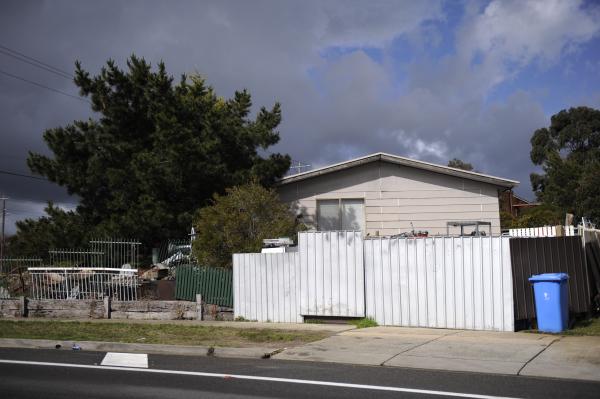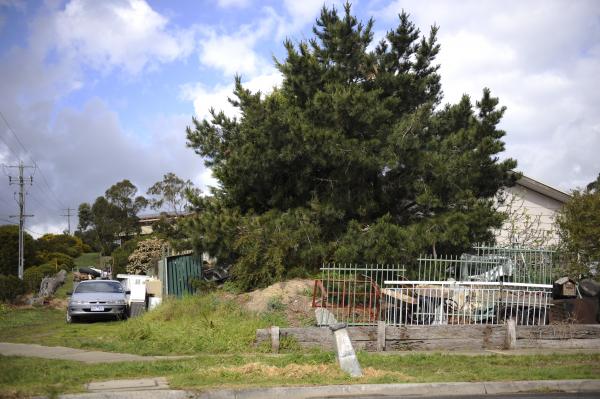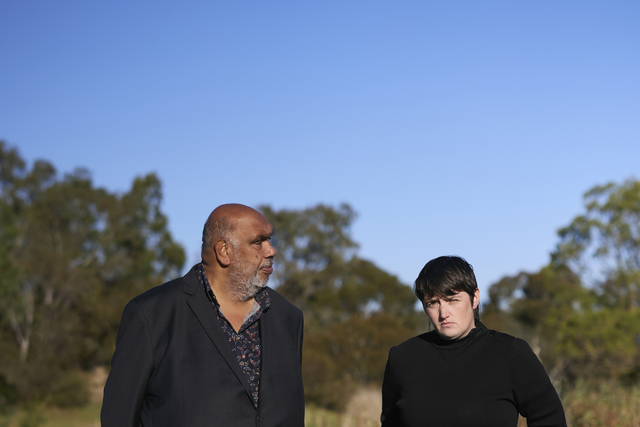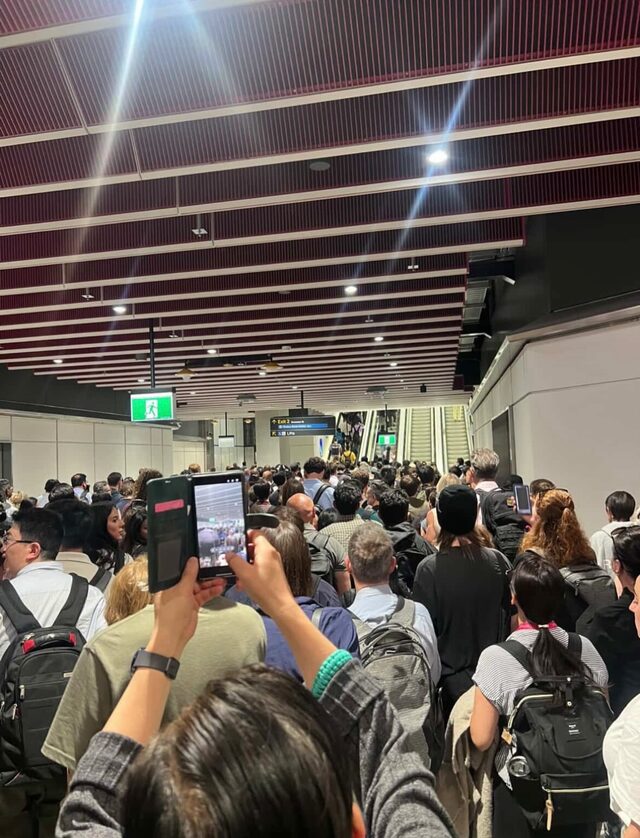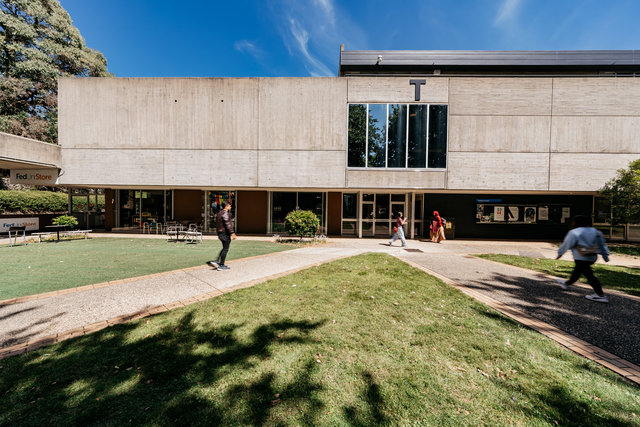By Cam Lucadou-Wells
Compulsive hoarders, whose cluttered yards become a public eyesore, will be offered help before the long arm of the law under a new policy at Casey Council.
Cr Wayne Smith told a council meeting on Tuesday 19 September that Casey needed a new approach, citing the example of unsuccessful action against an “infamous” property in his River Gum Ward.
Casey had made many attempts to force the owner to clean up the house, which was regarded as a magnet for vermin and an eyesore for neighbours.
“It would be clear for a few weeks or a month or so, then it reverts back to its old state.”
Real estate agents would deliberately divert potential buyers in the area from seeing the property, Cr Smith said.
Often behind each hoarder, there was however an underlying mental health issue, he said.
Casey city planning manager Nicola Ward said its new hoarding and squalor protocol would allow the individual to be referred to support agencies for rehabilitation.
She said there were various forms of hoarding, including recycling waste, animals and furniture. Each required a different response.
“This is on the assumption that they’re willing to accept that referral or that help.
“If not, we will need to go into punitive measures.”
According to a council report, Casey had used few referral agencies in the past.
Its response was “punitive and reactive in nature” that included organising the removal of offending items and prosecution in the courts.
“Where action is taken it becomes a costly and resource-intensive effort,” it stated.
It was a “complex issue with no clear, easy or simple response” requiring the intervention of various agencies
Each case could include a mixture of possible heath, hygiene, fire hazards, animal welfare, child protection and building safety issues.
Some of the suggested referral agencies include the Department of Health and Human Services, My Aged Care, RSPCA and the CFA.
A draft policy is expected to be completed in September 2018.


